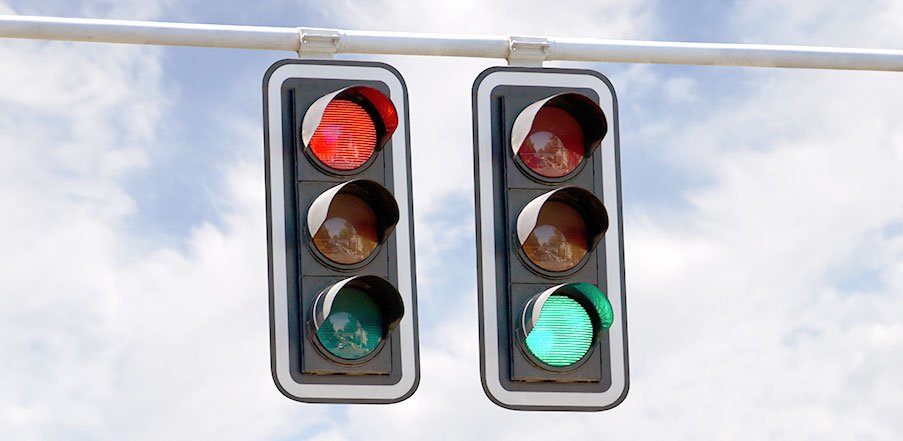Threatened species including greater gliders, eastern pygmy possums and powerful owls will all lose vital habitat if the NSW Government allows a property developer to destroy 40 hectares of mature coastal forest at Callala Bay. [1]
“The bushland around Callala Bay and Lake Wollumboola is a critical refuge for wildlife that were hammered by the Black Summer bushfires,” Nature Conservation Council Forest Campaigner Wilson Harris said.
“Those fires incinerated millions of animals. Many that survived the firestorm later starved to death or were picked off by feral cats and foxes.
“The mature coastal forests around Callala Bay and Lake Wollumboola have always been important, but after the fires it became critical. They must be conserved.
“Greater gliders, eastern pygmy possums and powerful owls are just a few of the species that with be harmed. Glossy-black cockatoos, gang-gangs and grey-headed flying-fox will also lose roosting sites and feed trees.
“The extinction risk for greater gliders and yellow-bellied gliders was recently increased to ‘vulnerable’ because their numbers have been plummeting due to habitat loss, especially in the Shoalhaven where their numbers were decimated by the Currowan bushfire.”
The Nature Conservation Council has added its weight to the campaign by the Callala Environmental Alliance to conserve this forest by making a submission to the Planning Department urging that it reject the plan rezone 40 hectares for destruction. [2]
“There is plenty of land that has already been cleared that could be used for housing – we don’t need to clear more critical bushland to make developers rich,” Mr Harris said.
REFERENCES
[1] Planning Proposal PP-2021-406, Callala Bay, Wollumboola and Kinghorne Halloran Trust Lands (Rezoning), March 2022
[2] NCC Submission on the proposal rezoning of land at Callala Bay, June 17, 2022.








